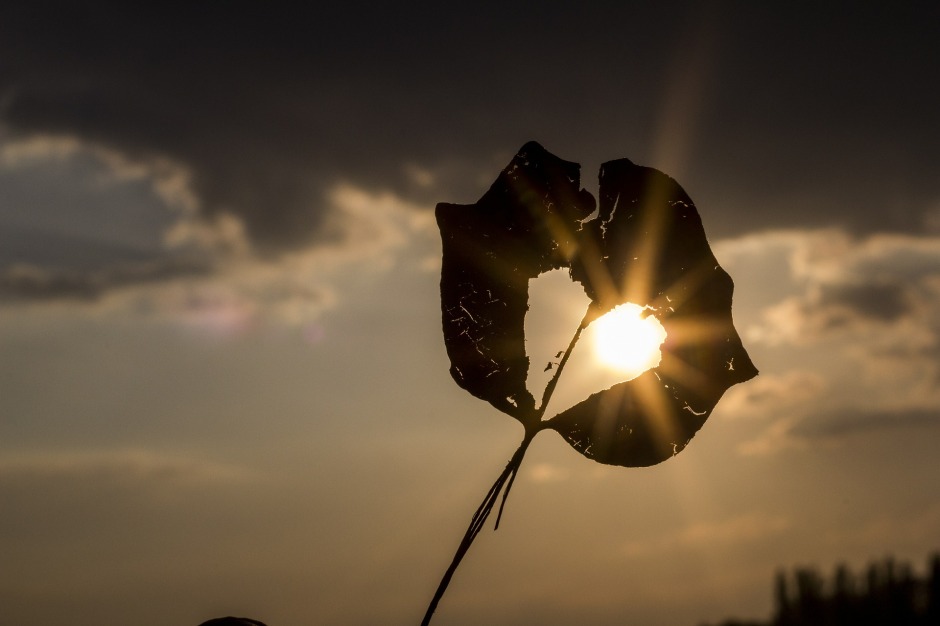It’s 8 am and from my upstairs perch in Rockport I can hear someone practicing the trumpet. I wish I could adequately describe the off-key feeble attempts at creating notes. Just know that it has me giggling and secretly glad that I’m not in front of the musician. I’m sure it’s giving them great joy, which is a good thing because otherwise it may be intolerable. But – kudos to them for trying something so obviously new to them.
Several weeks ago, one of my nephews sent me an article on the day that is Ash Wednesday for Protestants. I found it deeply challenging and have been thinking about it these last couple of weeks. Written by Nadia Bolz-Weber, the article references an Old Testament reading from the book of the prophet Joel. And then she asks the reader what is harder – fasting for Lent or returning to God with our whole hearts?
My problem…and maybe yours too is that I sort of piece my heart out to things that cannot love me back – to the unrequited love of so many false promises – my starving little heart is doled out in so many pieces trying to get her own needs met.
Nadia Bolz-Weber in Take Another Little Piece of my Heart, Baby
She goes on to talk about parsing out her heart to social media or addiction or mindless television watching or – fill in the blank. There are uncountable ways that we can dole out our hearts to things that will not give back. They are present and they are easy, even if the things they promise will never satisfy.
Tomorrow, Orthodox Lent begins and tonight is Forgiveness Sunday, where in a beautiful service of repentance, we ask forgiveness of God and each other before entering into this time of fasting and reflecting. As we move toward tomorrow, I am remembering this article and how much I have doled out my heart to everything but God. I find myself empty, discouraged, and wanting. Lent serves as a jolt to my heart, upsetting the status quo and asking rather than demanding that I think about giving my whole heart to God.
Deciding to stop spreading my heart to things that disappoint and returning to God is a theme woven through all of scripture. We see it in individual relationships like the Parable of the Prodigal Son, and we see it in entire communities like God’s constant interactions with the Israelites as they wandered through the Sinai desert. There are few conditions associated with return. We don’t have to look good; we don’t have to be good. The only conditions of return are willingness and repentance. We move forward and, like the faithful father in the story of the prodigal son, he comes running.
Do a search and it quickly shows hundreds of verses. Return to me so I can return to you. Return to me so that you can be restored. Return to me because I’m slow to anger, full of compassion. Return to me for I am gracious, I won’t be angry forever. Return to me. We read and experience this through stories of people over and over again. Clearly, we have a lot of company when it comes to piecing out our hearts.
As I often say in this space, I don’t know what is going on in your lives today. I don’t know what has divided your heart, what pieces and fragments have been spread around in restless longing only to realize that the things you’ve given your heart to will never give you what you long for. I do know that if you are feeling this, I’m with you in the struggle. I’m with you in the discouragement of feeling like the long road is sometimes too long. I’m with you in feeling like giving up, with you in feeling like it’s sometimes just easier to join the throngs of those who seem perfectly happy with hearts that are given to other things.
And I’m also with you in knowing that it’s worth it to return. Indeed – is there any other true way to live than constantly running back to the Father, ready to release my heart, even when I’m so far away? I don’t think there is. In all the piecing out of my heart, I am sure of only one thing – when I decide to return, the Father will be waiting.















